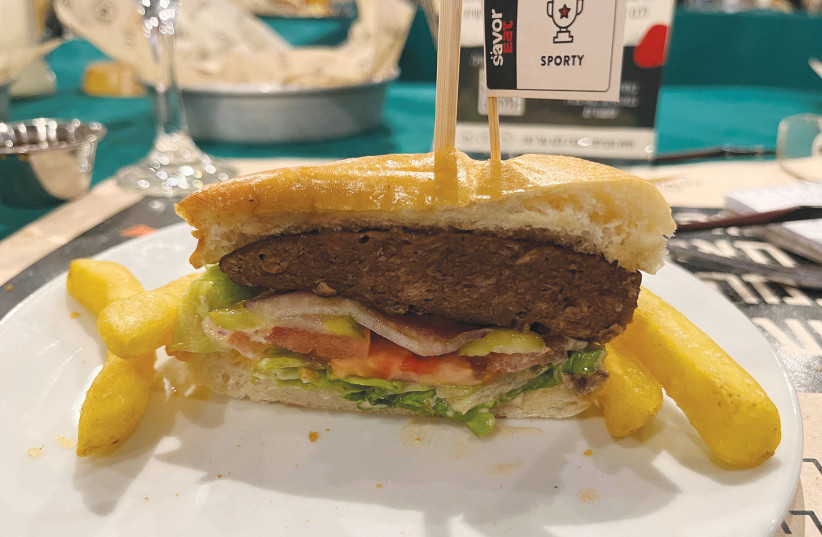Thursday marked the final day of the Global Food Security Summit Food Sec & Tech, an event which aims to drive the food-tech industry forward into the future by gathering experts and professionals from around the globe to discuss solutions for the future of food security and nutrition resilience.
Speaking at the event was Miriam Ueberall, a former senior R&D executive and VP, R&D international at Kraft Heinz. In a conversation with The Jerusalem Post, Ueberall highlighted the sense of urgency she perceives within the food-tech space in relation to advancing food security.
“We are moving backwards. Food insecurity is on the rise despite all the efforts, despite better use of data and data science , despite all great new partnerships, so the sense of urgency and the job to be done gets bigger every day,” she said.

What would you highlight as the primary drivers for food insecurity at present?
“Food insecurity is driven by multiple factors, as we know, by agricultural practices that we have that are not sustainable; by the negative climate impact of the existing food system (1/4 of all emissions); by the dependency on too few geographies for mass volume production. A third of the food that gets produced never reaches somebody for consumption — it gets wasted. So those are the challenges we see.”
“One of the solutions for these issues is that we need technology acceleration: we need to invest into capacity to bring the technologies that are more climate friendly, or that are more sustainable on the fields, to the masses. And for that we also need data connectivity and data infrastructure, which is largely lacking at the moment.”
What role does alternative protein take in the move toward more sustainable food production?
“It’s important that we transition to sustainable dietary patterns, which means more plant proteins, which means more locally produced nutrient rich products is very important. One of the needs we have is to convert from meat towards non-meat. I'm not saying we need to stop eating meat, but the level of meat consumption, which is expected to increase with population and income growth, needs to reduce drastically and that needs to be replaced with something which is nutritionally dense and contains the right elements for a healthy diet.”
Speaking from an international expert’s perspective, how would you quantify Israel’s participation in the efforts toward a more food-sustained future?
“I must say Israel's doing a lot of things extremely well. I do think that there's an amazing talent base in Israel. And if I generalize, Israel has mastered the art of tech transfer and building connected ecosystems. A lot of countries learn from Israel.”
What does Israel still have yet to learn?
“I think what's very important for the Israeli ecosystem is to be well connected to the key game changers on the African continent and across Asia, because this is where the food security issue is so extremely severe. Israel has the ability, intellectually, to provide a lot of solutions. But does it have those deeper international networks in place, and is the food value chain linked up? No, not yet. And that's where I think focus will have to take place.”
The Global Food Security Summit Food Sec & Tech was organized by Avnon Group, Managing Partner of the Israel National Food Institute.
